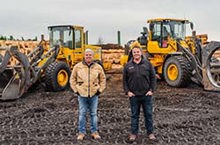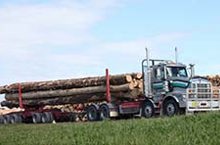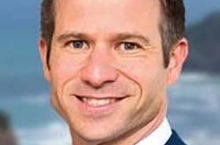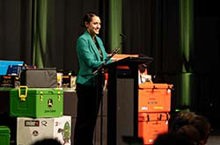
An innovative, low-emissions, driverless tractor able to perform up to three tasks at once is on the cards for New Zealand orchards. While the focus is currently on viticulture, the fundamental technology stack has potential uses in a lot of different sectors including forestry, says Smart Machine Chief Executive Officer, Andrew Kersley. “We would be very interested in exploring this further if any specific use cases with scalable opportunities are identified,” he adds.
The Government is contributing $622,360 through the Ministry for Primary Industries’ (MPI) Sustainable Food and Fibre Futures fund to develop the prototype tractor, which is set to transform the productivity of trellised orchards while reducing carbon emissions. The Smart Machine Company is taking the lead on the three-year project, and is contributing a further $945,520.
“The tractor will be able to perform several tasks, including canopy spraying, mulching, mowing, trimming, and leaf defoliation,” says Steve Penno, MPI’s director of investment programmes.
“As well as lowering carbon emissions, we could expect to see reduced spray drift, and improved soil and tree health.
“By improving orchard productivity sustainably, we could increase the value of crops like apples by meeting the growing demand for products made with less impact on the environment.”
Mr Kersley says the end goal is to develop a fully electric tractor. “While we want to go fully electric eventually, we need to be sure it will be suitable for remote rural areas. Some orchard tractors run 20 hours a day, seven days a week, so if growers have a fleet that needs frequent recharging that might not be practical.”
With this in mind, Smart Machine is working on a diesel hydraulic system with some electric components, with the view to converting to full electric further down the track.
Steve Penno says this project aligns with the Government’s Fit for a Better World roadmap to boost New Zealand’s recovery from COVID-19: “Developing this low-emissions alternative for orchards will help in our goal of shifting to a zero-carbon society, boost sustainability and also has the potential to increase export earnings.”
The project is based in Blenheim, with plans to expand testing to Motueka and Hawke’s Bay next year.










